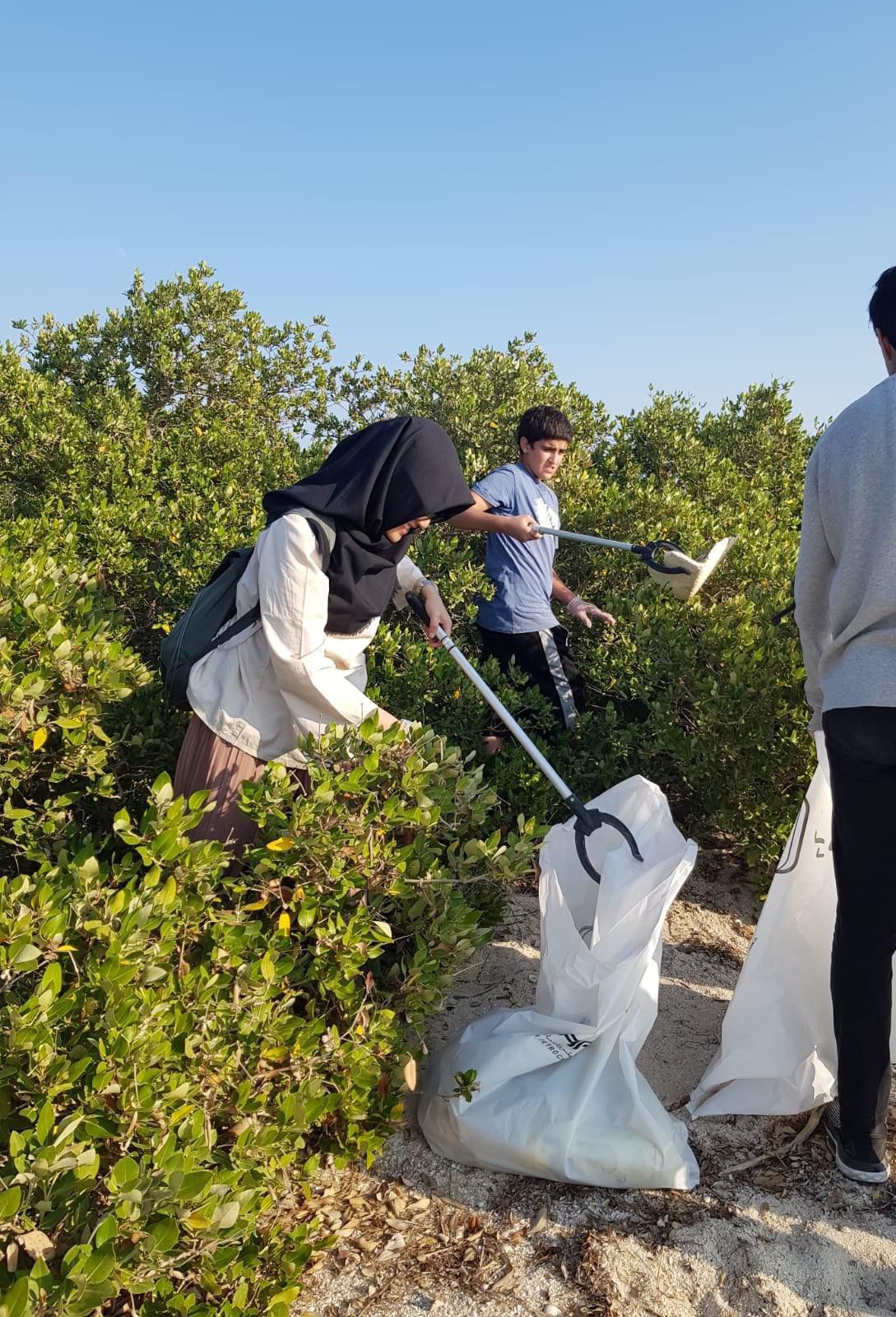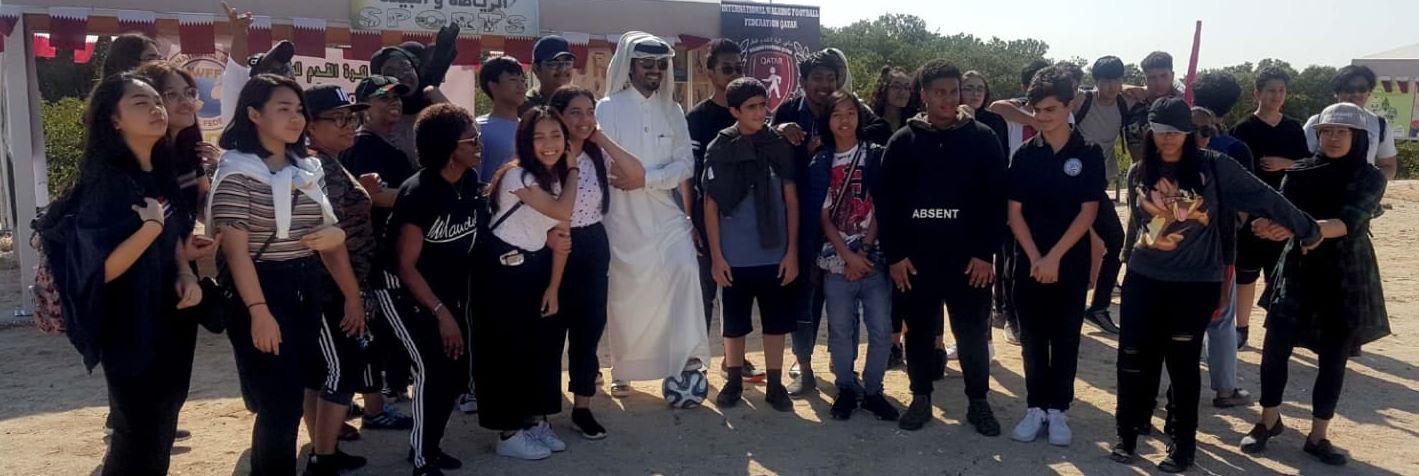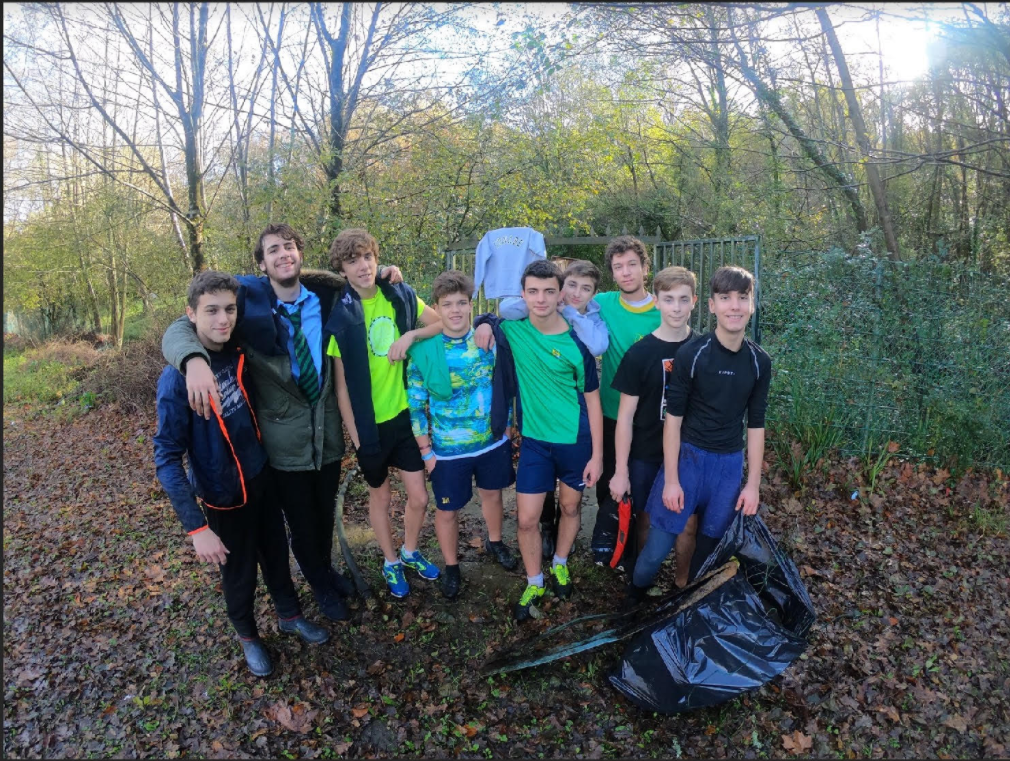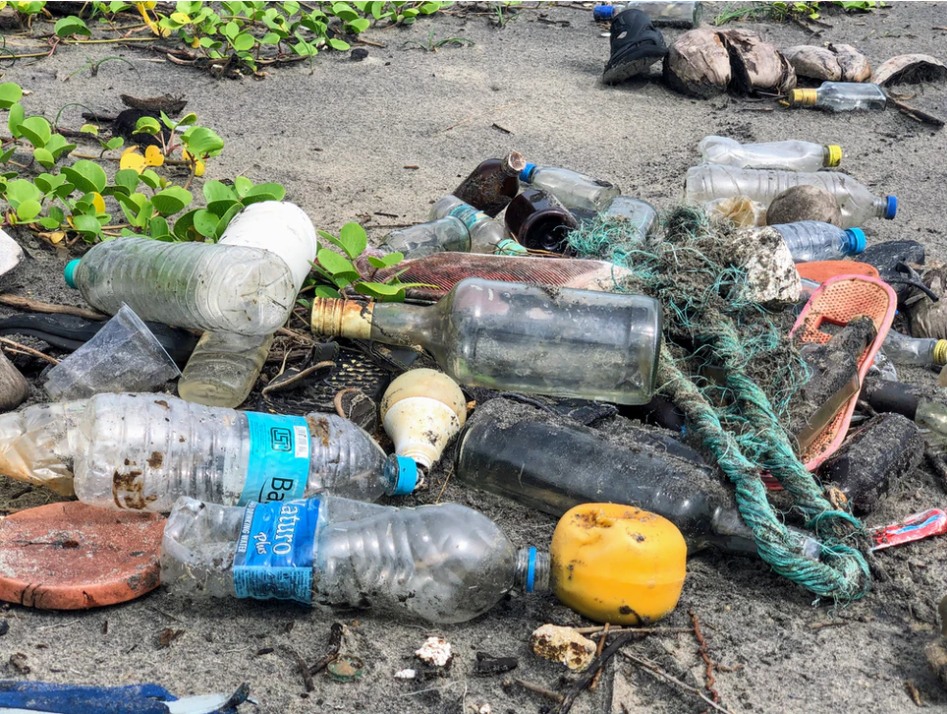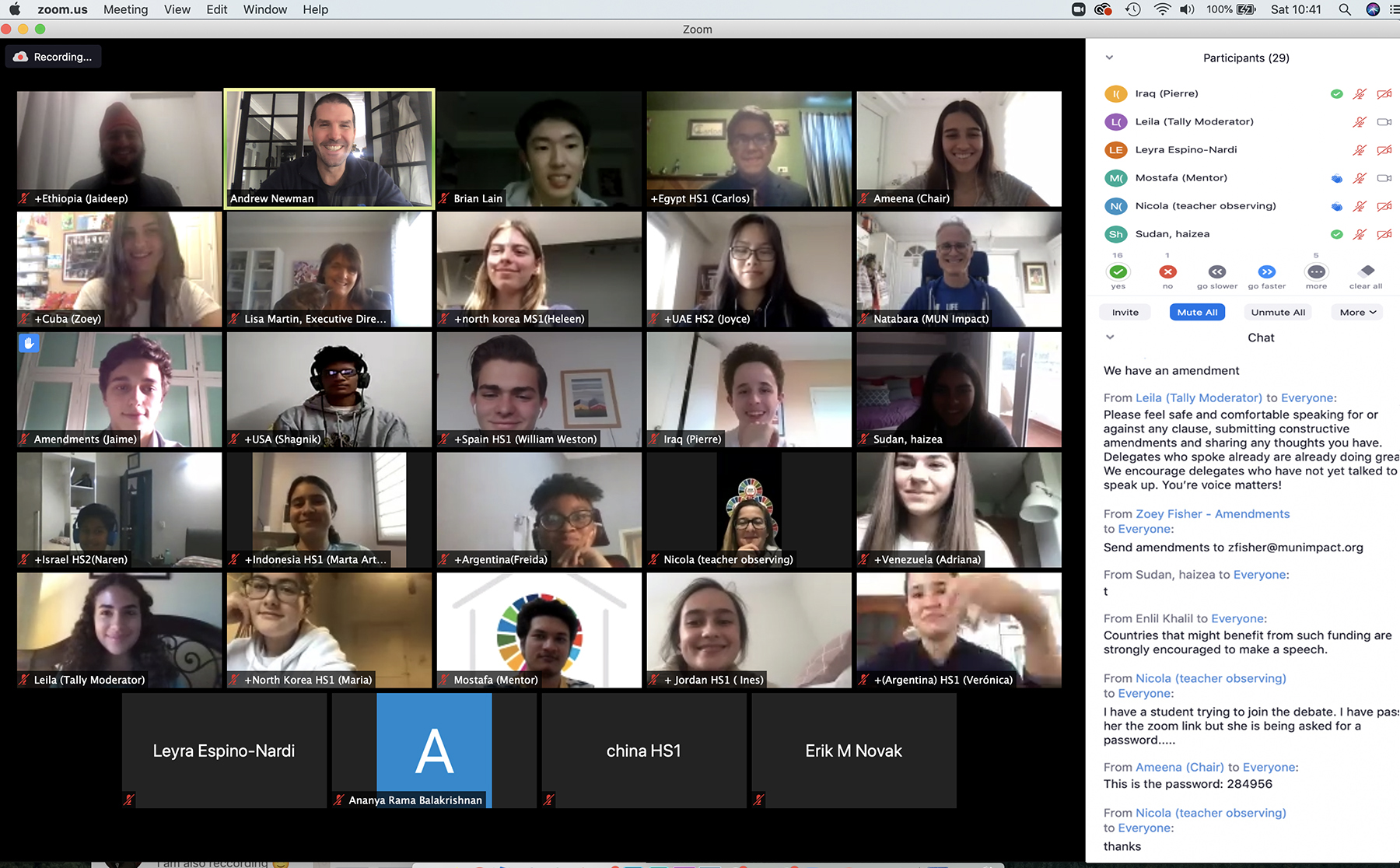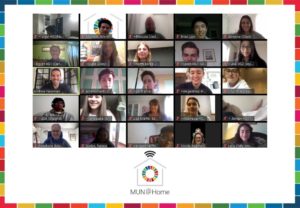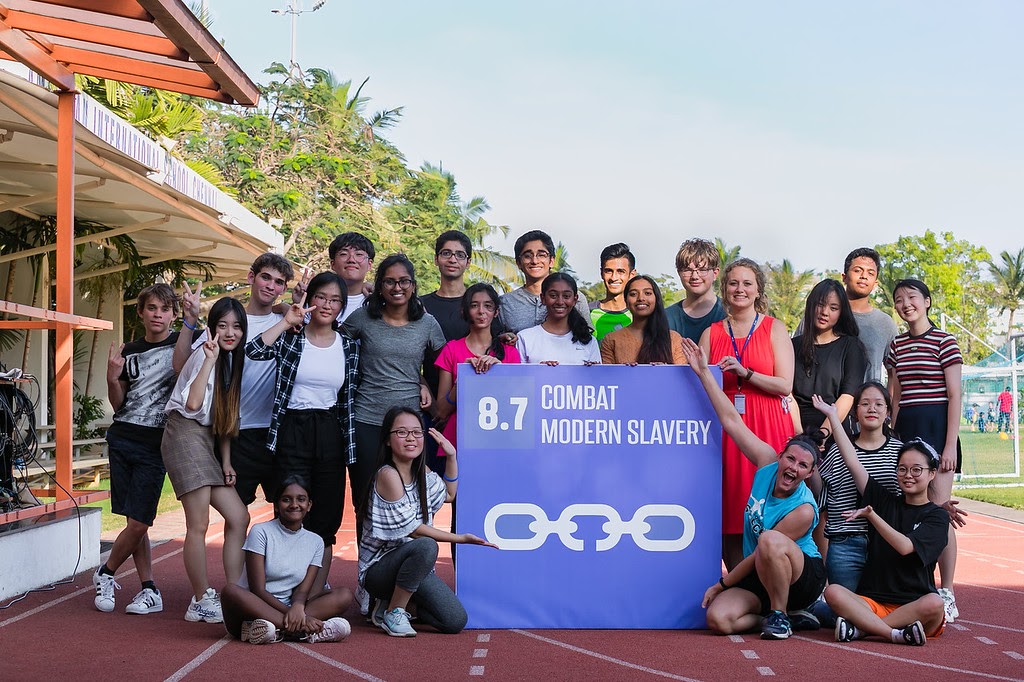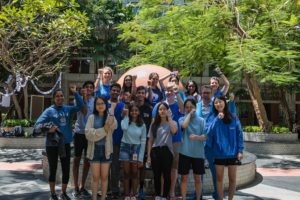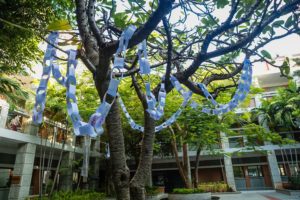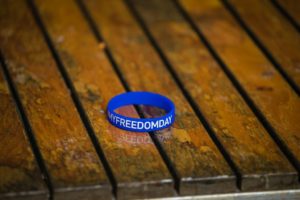By Audrey Pinson
_
In a time where global crises are increasing and becoming more dangerous by the day, the youth of the world are taking a stand. While pushing through adversity, students and young leaders across the world are speaking out against the injustices of current issues. In Nigeria, many advocates are coming forward and speaking in support of the SDGs that focus on quality education, no hunger, affordable and clean energy, gender equality, wildlife trafficking, and clean water.
I interviewed Ayotunde Aboderin, an inspiring, young teacher from Oyo State, Nigeria, whose goal is to introduce the SDGs and MUN to students and create a strong passion to better the world we live in. By sparking an interest in young, spirited people, he hopes to mold leaders that will help to make a difference. Over the past six months, Ayo has connected with over 200 teachers in Nigeria who are committed to enlightening students from ages 10-25 about MUN and the SDGs. In addition, 17 clubs in more than 17 schools have been created for teaching the youth of Nigeria.
Before founding MUN Impact Nigeria, Ayo had previously been interested in the United Nations and their work on the SDGs. While on Twitter, he came across some information about MUN Impact and it immediately grabbed his attention. He explored their website and discovered a common interest in the SDGs. He quickly discovered that MUN Impact is a program that is completely involved in the development goals, and he recollects, “I fell in love.” He wanted to find young, responsible people who could potentially become leaders, so he reached out to others who had similar visions and who were willing to help. Many of those were already volunteers for various SDG programs and as he involved others with a common passion, the movement began to grow.
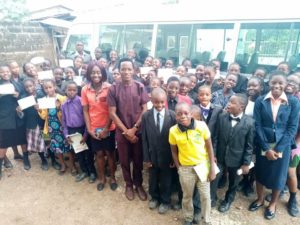
Ayo has had many accomplishments thus far, however, he expressed that his greatest accomplishment is the fact that his movement has spread to many places he would not have expected. For example, the MUN program and teachings of the SDGs have been implemented in North-East Nigeria. He described a current issue where children are being recruited as fighters for terrorist groups in the North. He believes MUN Impact can change that and the introduction of leadership skills, decision making, and public speaking can help shape leaders in the North to stand up against challenges like these. Most recently, students have also prepared research for debates concerning SDG 15.7: Combating wildlife trafficking and poaching, which was held in February.
MUN Impact and the Sustainable Development Goals have helped the youth in Nigeria feel that they can positively impact their world and spread the passion for creating change. When asked a question about how young leaders in his town are liking the experience, Ayo replied:
“They can make an impact and promote the SDGs. To them, there’s nothing better to do. They can help teach; influence their peers and people around them. So, it’s a fun experience for them to represent a country; defending it, and making policies that can support the SDGs.”
Ayo has strived towards his goals, molding leaders and effectuating change, and he has inspired many to do the same.
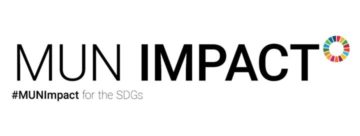
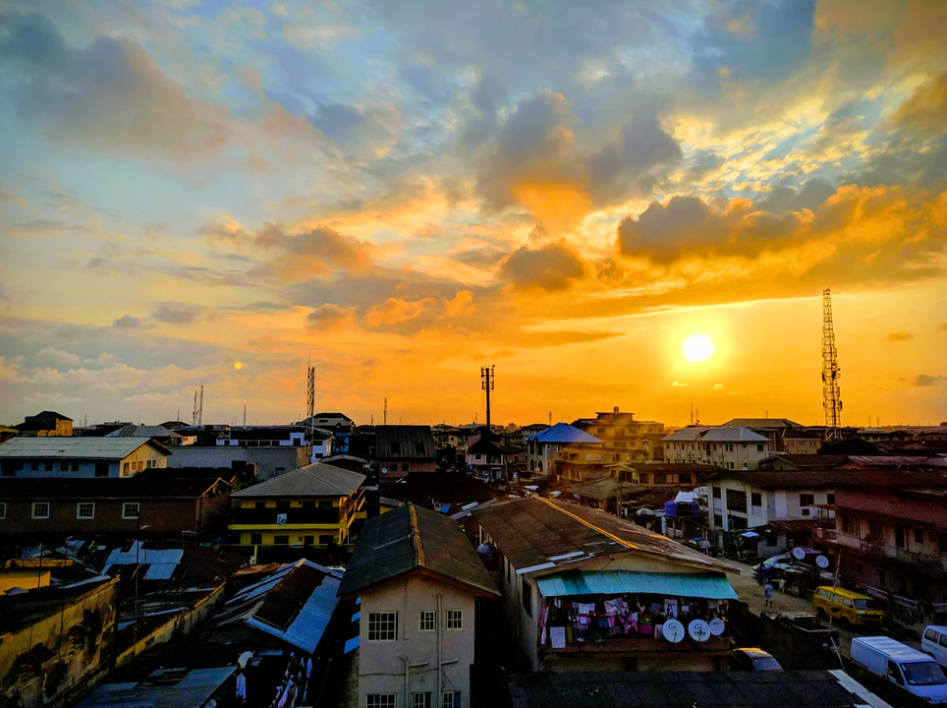
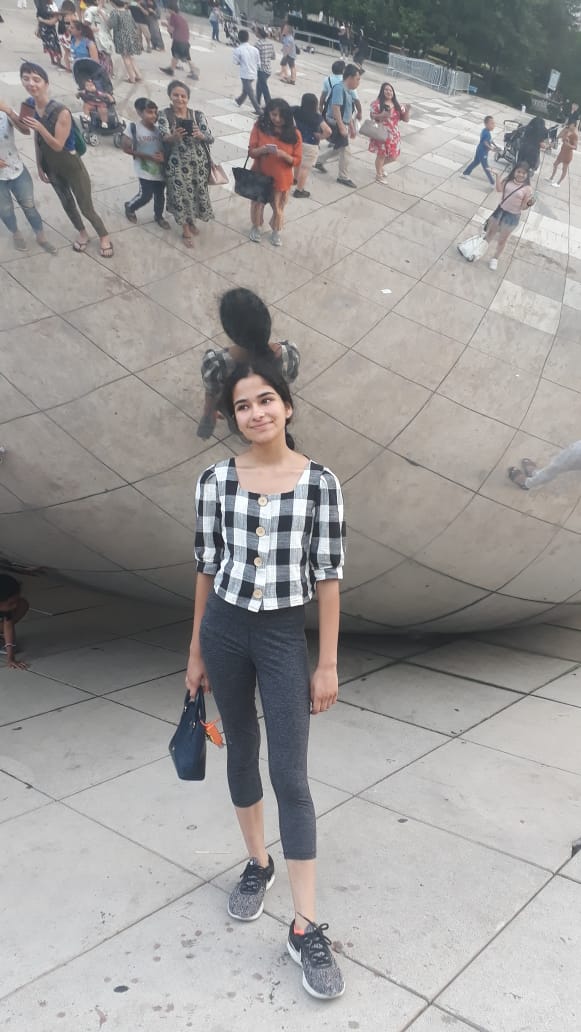
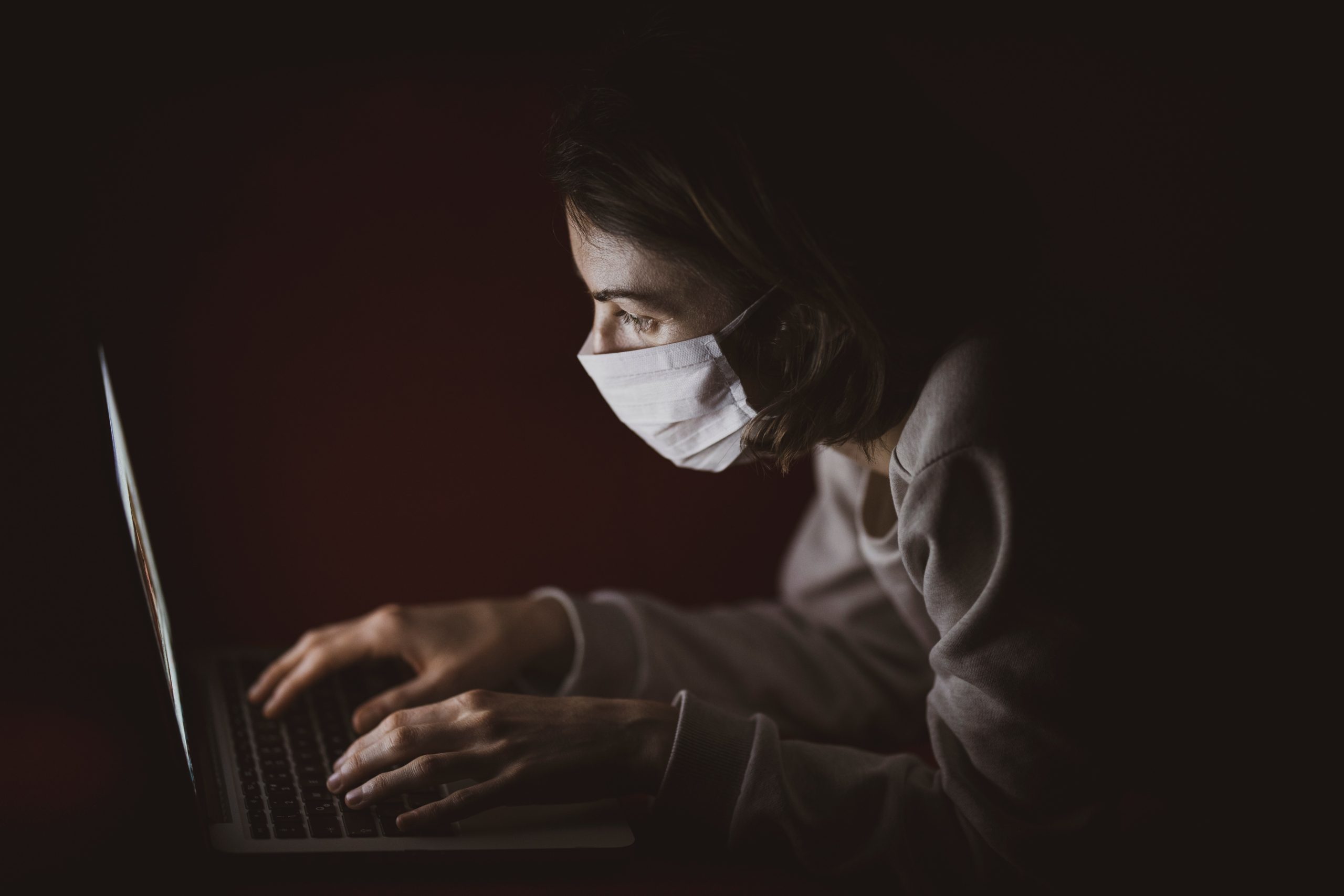
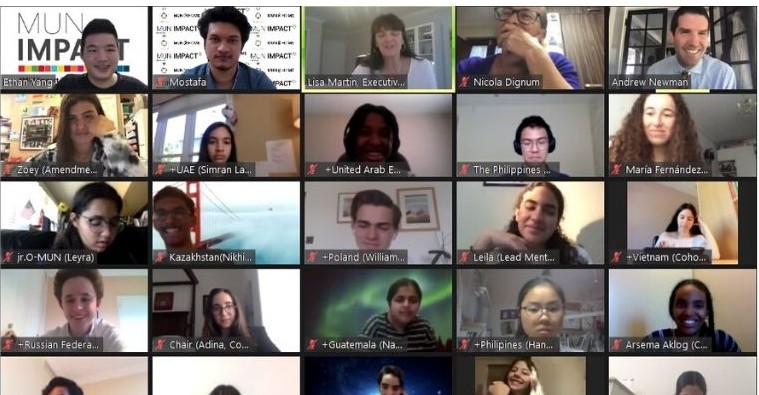
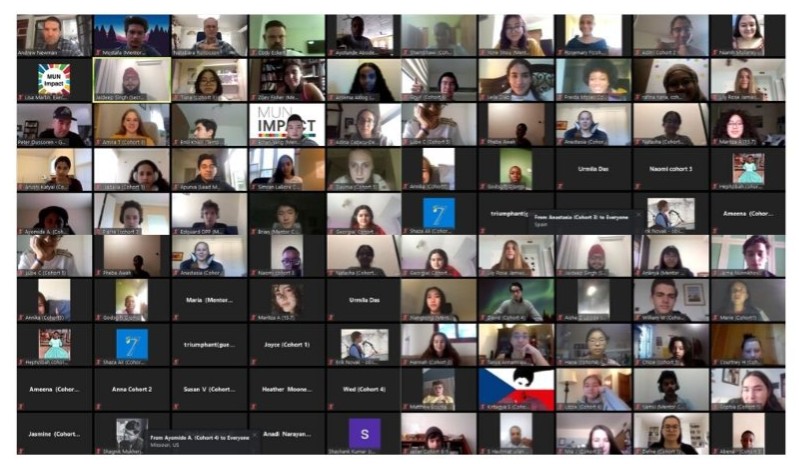
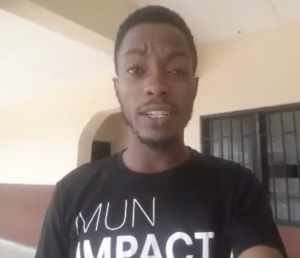
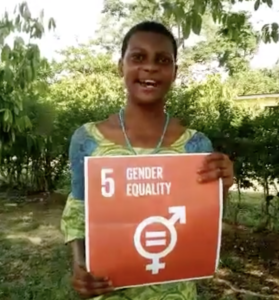
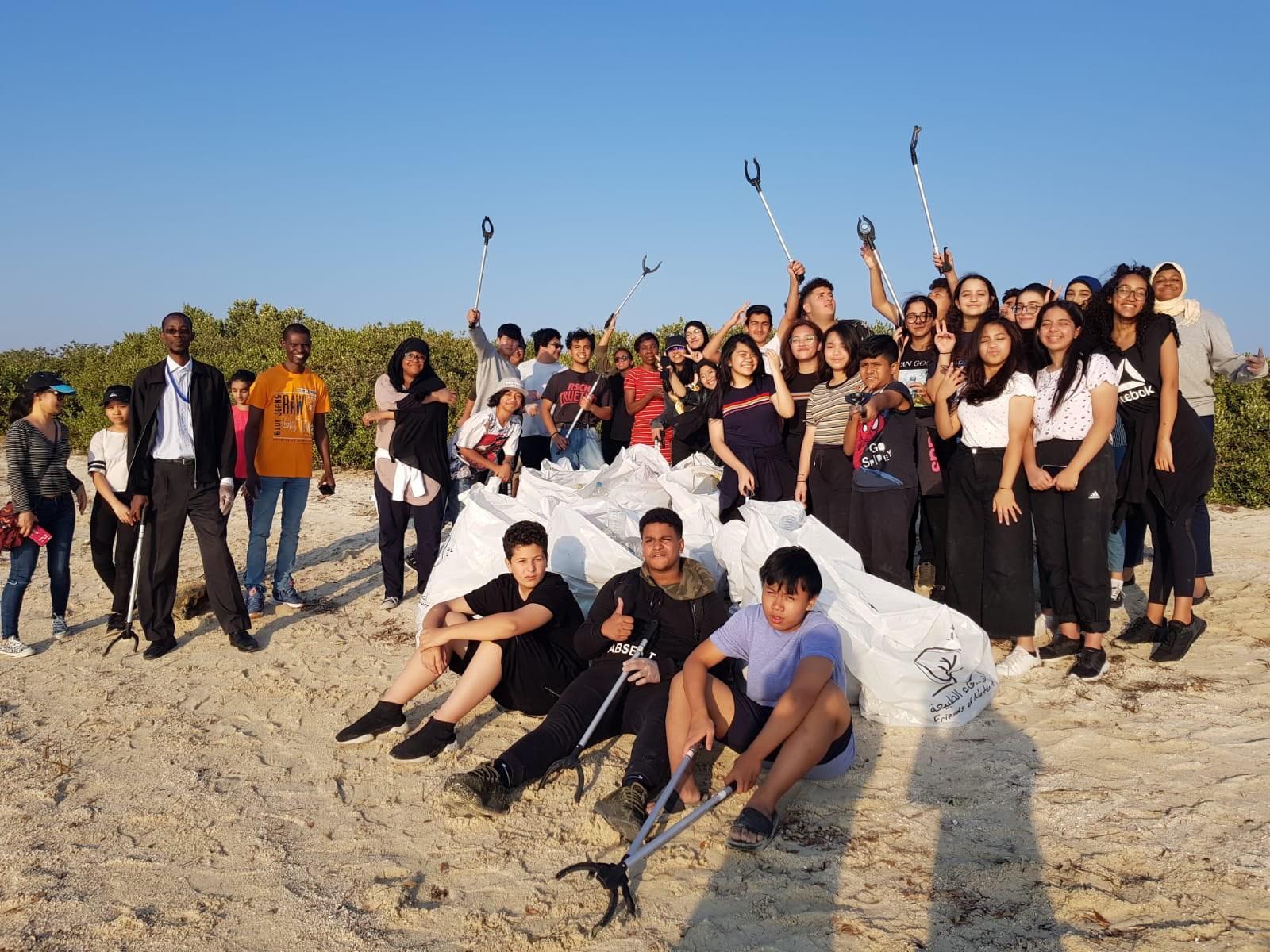
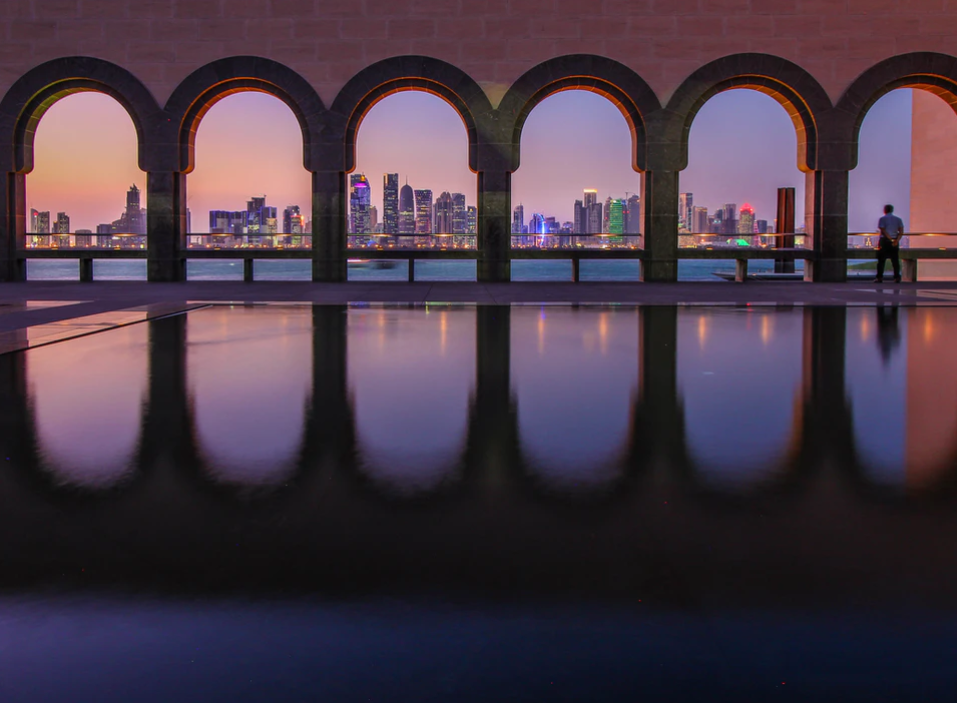 _
_